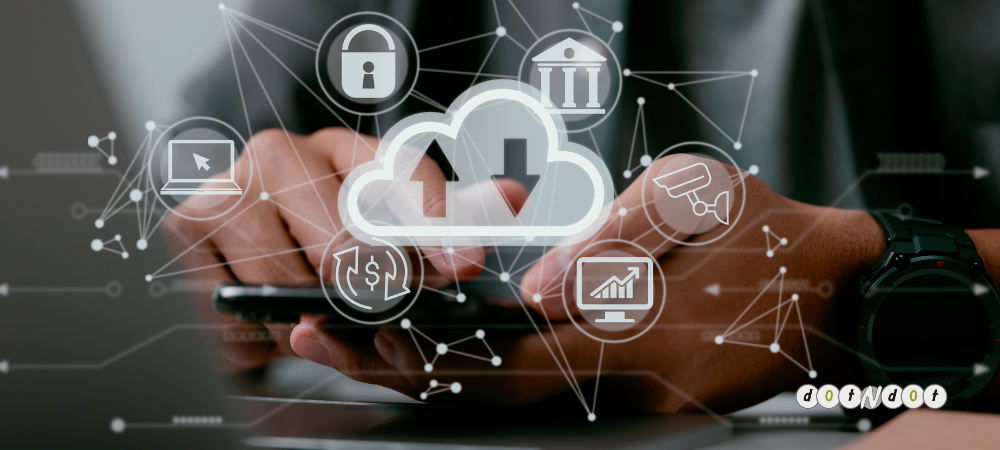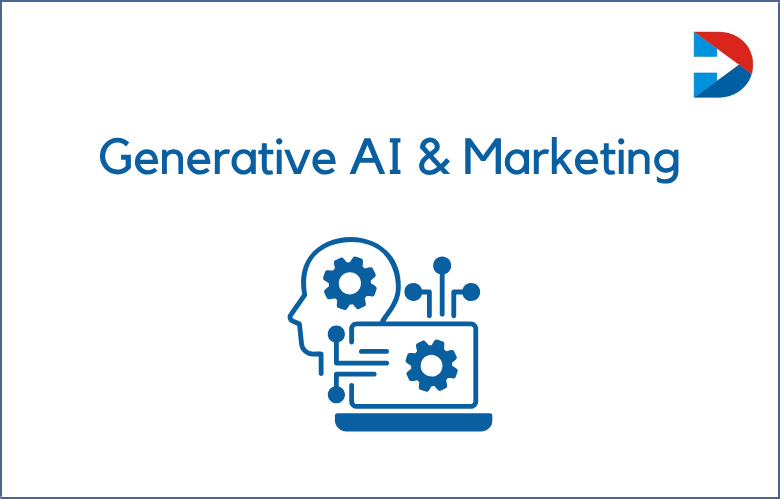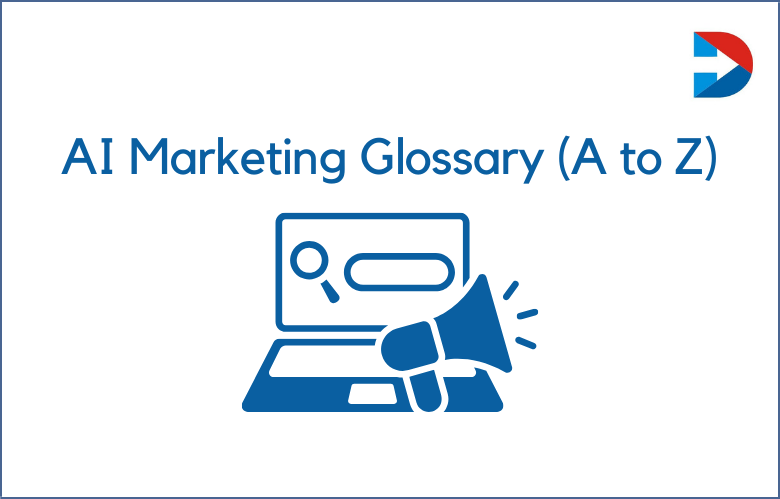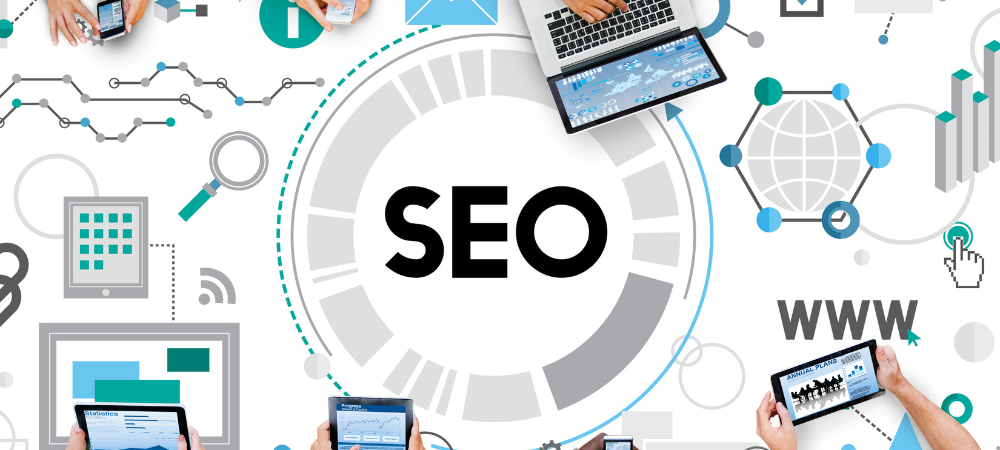
Gone are the days when salespeople had to rely on their persuasive skills to win customers over. In today’s digital world, the power of sales automation using Artificial Intelligence (AI) and Machine Learning (ML) cannot be overemphasized.
AI and ML tools have become essential for businesses to streamline their sales processes, meet the demands of their customers, and stay ahead of their competitors.
Sales automation involves using technology to automate repetitive and menial tasks in the sales process to increase efficiency and productivity. We dive deeper into leveraging sales automation using AI and ML to boost your sales.
What is Sales Automation: Leveraging Sales Automation using AI and ML?
Sales automation uses technology and various tools to automate the sales process, from lead generation to customer acquisition.
Sales automation is vital for businesses to streamline the sales process, reduce operational costs, and increase efficiency. With the advent of Artificial Intelligence (AI) and Machine Learning (ML), sales automation has become even more accessible and sophisticated.
AI and ML-based automation systems can make decisions, learn from past experiences, and analyze consumer behavior to make the sales process smoother, faster, and more effective.
Leveraging Sales Automation using AI and ML: The Future of Sales
The world of sales is changing, and sales automation is the future. Sales automation has been around for some time, but it has become even more powerful with the integration of Artificial Intelligence (AI) and Machine Learning (ML).
AI and ML are making sales processes faster, more efficient, and more effective.
Leveraging sales automation using AI and ML allows businesses to gain insights, boost sales productivity, and ultimately improve their bottom line. Here’s everything you need to know about using AI and ML in sales automation.
Understanding AI and ML in Sales Automation
AI and ML are the backbone of sales automation. AI refers to computer systems that can perform tasks that typically require human intelligence, such as learning, recognizing patterns, and problem-solving.
At the same time, ML is a subset of AI that enables systems to learn and improve without explicitly programmed instructions.
On the other hand, sales automation refers to using software and other tools to automate repetitive sales tasks such as data entry, lead nurturing, customer segmentation, and more.
Incorporating AI and ML in the Sales Process
The key to successfully leveraging AI and ML in sales automation lies in integrating these technologies seamlessly into the existing sales process. To do this, sales teams need to identify areas in the sales process that can be automated and what tasks AI and ML can automate.
Tasks that can be automated include lead qualification and scoring, managing and tracking sales-related data, and delivering personalized content to customers based on their behavior.
Getting Started with AI and ML in Sales Automation
To start with AI and ML in sales automation, businesses must assess their sales process and determine which areas can be automated.
Once these areas have been identified, they must choose the right sales automation software or tool to integrate AI and ML effectively. Selecting an agency that aligns with the organization’s needs and is easy to implement and use is essential.
The Future of Sales
In conclusion, sales automation using AI and ML is the future of sales. It has the potential to enhance sales processes and improve business outcomes significantly.
Companies embracing and integrating this technology seamlessly into their sales will gain a significant competitive advantage.
While the human touch is still essential in sales, automating repetitive tasks can free up employees’ time and enable them to focus on more strategic, high-value jobs.
The future of sales is exciting and full of possibilities for those willing to embrace change.
Types of Leveraging Sales Automation Using AI and ML
Personalization at scale
Personalization is a crucial factor in winning over customers and retaining them. However, manually personalizing the sales process can take time and effort.
With the power of AI and ML, you can use customer data to create personalized content for each customer at scale.
This reduces the workload on the sales team, allows them to focus on other value-adding tasks, and provides customers with a personalized experience.
AI and ML algorithms analyze customer data such as search history, purchase history, and demographics to generate personalized communications, recommendations, and offers.
Sales forecasting
Sales forecasting is essential to sales planning, budgeting, and resource allocation. Manual sales forecasting is prone to errors, and factors such as market trends and customer behavior can change rapidly, making it challenging to predict sales accurately.
With the help of AI and ML, a large amount of historical data can be analyzed to generate accurate sales forecasts.
Machine learning algorithms can identify patterns in sales data and predict future sales based on past behavior. This can help businesses make informed decisions around sales, inventory, and resource allocation.
Lead generation
The sales process often starts with lead generation. However, manually finding and qualifying leads can take time and effort. Using AI and ML can help to identify and qualify leads automatically.
For instance, AI algorithms can analyze social media, website visitor data, and search engine optimization (SEO) analytics to identify potential leads.
Machine learning algorithms can also prioritize leads based on their likelihood to convert, making it easier for sales reps to prioritize their efforts and close deals faster.
Sales chatbots
In today’s fast-paced business world, customers expect instant responses, especially regarding customer service. However, manually replying to every customer inquiry can take time and lead to a slower response rate.
AI chatbots can help overcome this challenge by responding to customer inquiries 24/7, providing instant feedback, and reducing the workload on human reps.
Chatbots use natural language processing to understand customer questions and provide relevant responses. With the help of ML, chatbots can also learn from previous interactions to offer better and more accurate reactions over time.
Predictive analytics
Predictive analytics uses a combination of AI and ML to analyze data from multiple sources to identify potential trends and insights.
Predictive analytics helps businesses understand how customers are likely to behave in the future, which is critical in sales forecasting and planning.
Predictive analytics algorithms can provide valuable insights into customer behavior, preferences, and habits, helping sales reps better understand their needs and preferences.
Conclusion
In conclusion, leveraging sales automation using AI and ML is essential for any business that wants to stay ahead of its competitors and deliver a seamless customer experience.
Personalization at scale, sales forecasting, lead generation, sales chatbots, and predictive analytics are just a few examples of the value of sales automation.
Businesses must adopt AI and ML technology to stay caught up in today’s digital business environment. By embracing AI and ML tools, companies can streamline their sales processes, improve efficiency, and ultimately increase their bottom line.



